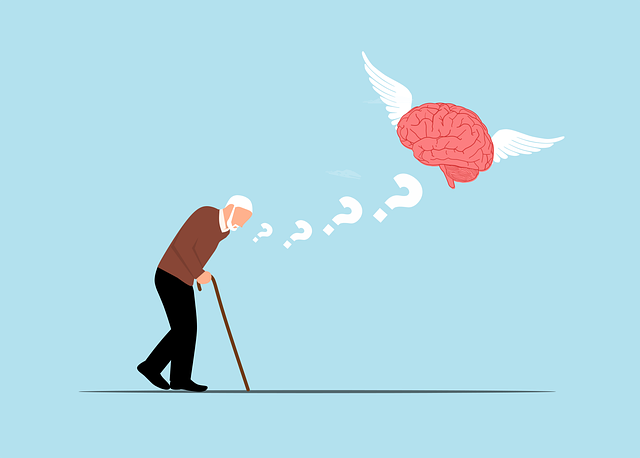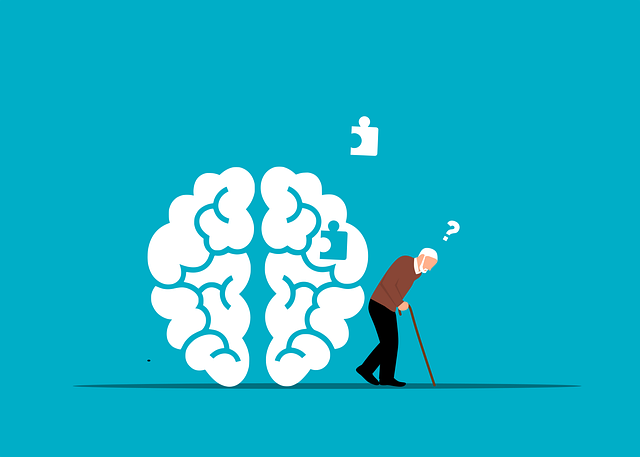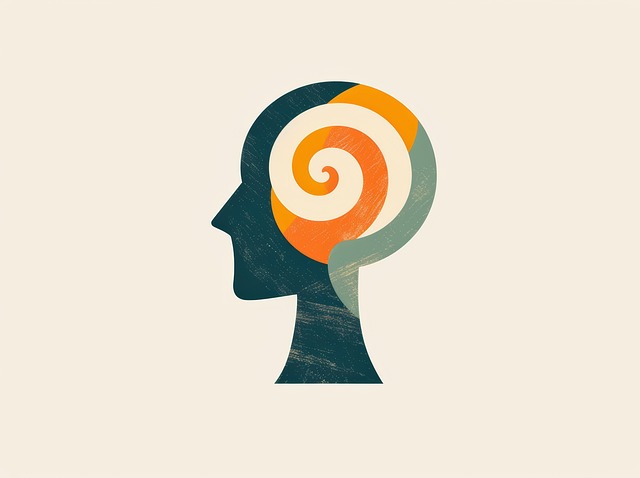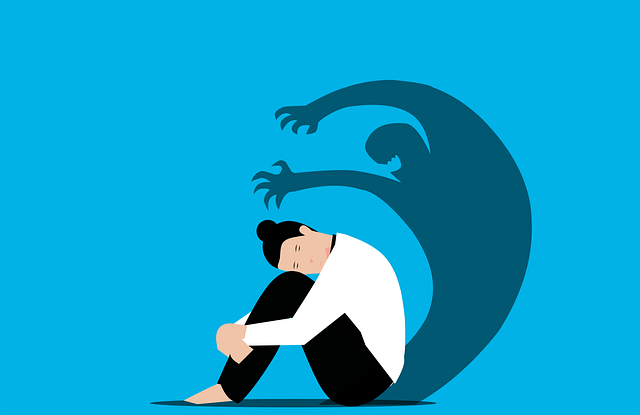Mood regulation is key to managing mental health, particularly in treating depression. Cognitive Behavioral Therapy (CBT) targets negative thought patterns, beliefs, and behaviors, enhancing self-awareness and enabling individuals to challenge unhelpful cognitive distortions. Mindfulness and meditation practices offer natural remedies for mood management and emotional well-being. Lifestyle adjustments like dietary changes, exercise, adequate sleep, and mindfulness meditation complement therapy for depression, fostering stability and preventing episodes. Interpersonal therapy addresses relationships and loneliness while resilience-building strategies empower effective coping. Integrating these approaches provides a holistic framework for long-term mental health improvement.
Mood regulation is a vital aspect of mental wellness, especially in managing conditions like depression. This comprehensive guide explores various strategies to help individuals regain control over their emotional states. We delve into the connection between mood regulation and therapy for depression, highlighting effective treatments such as Cognitive Behavioral Therapy (CBT). Additionally, we cover mindfulness practices, lifestyle changes, and alternative therapies that foster emotional balance. Discover practical steps towards a brighter mindset and improved overall well-being.
- Understanding Mood Regulation and Its Connection to Therapy for Depression
- Cognitive Behavioral Therapy (CBT): A Popular Approach for Managing Moods
- Mindfulness and Meditation Techniques to Enhance Emotional Balance
- Lifestyle Adjustments: Diet, Exercise, and Sleep for Improved Mood Stability
- Additional Therapies and Support Systems for Effective Depression Management
Understanding Mood Regulation and Its Connection to Therapy for Depression

Understanding mood regulation is a key aspect of managing mental health, especially when it comes to treating depression. Mood is not just a fleeting emotion but a complex interplay of thoughts, feelings, and behaviors that can significantly impact overall well-being. Therapy for depression often focuses on helping individuals identify and modify negative thought patterns and habits that contribute to low mood states. By providing effective guidance and coping skills development, therapists assist clients in navigating their emotional landscape more adaptively.
Journaling, as a powerful tool, can be an integral part of this process. Recording thoughts and experiences in a mental wellness journal allows individuals to reflect on recurring themes, triggers, and coping mechanisms. This introspective practice supports awareness, enabling people to better understand the connection between their thoughts, feelings, and behaviors, which is essential for implementing effective strategies to regulate mood and prevent burnout.
Cognitive Behavioral Therapy (CBT): A Popular Approach for Managing Moods

Cognitive Behavioral Therapy (CBT) has established itself as a highly effective therapy for depression and other mood disorders. This approach focuses on identifying and changing negative thought patterns, beliefs, and behaviors that contribute to emotional distress. CBT helps individuals gain insights into their thoughts and emotions, enabling them to challenge and replace unhelpful cognitive distortions with more realistic and adaptive thinking. By learning to manage their moods through this therapy, folks can enhance their emotional well-being promotion techniques.
Through CBT, compassion cultivation practices become valuable tools for navigating challenging emotions. By cultivating self-compassion, individuals can develop a kinder inner dialogue, fostering resilience and reducing the intensity of negative feelings. The mind over matter principles underlying CBT empower people to take control of their mental health. This therapy provides practical strategies to confront and overcome depression, offering hope and improved quality of life for those seeking effective emotional well-being promotion techniques.
Mindfulness and Meditation Techniques to Enhance Emotional Balance

Mindfulness and meditation practices have emerged as powerful tools to regulate mood and enhance emotional well-being. These ancient techniques, increasingly supported by modern research, offer a natural way to navigate life’s ups and downs, especially for those seeking therapy for depression. By cultivating present-moment awareness, individuals can learn to observe their thoughts and emotions without judgment.
One effective strategy is mindfulness meditation, which encourages focusing on the breath or bodily sensations to anchor oneself in the here and now. This practice fosters compassion cultivation, helping individuals develop greater self-awareness and empathy. Regular engagement in these practices as part of a holistic self-care routine development for better mental health can significantly reduce stress, thereby improving overall emotional balance. Additionally, they provide valuable stress reduction methods that can be easily incorporated into daily life, promoting resilience and a more positive mindset.
Lifestyle Adjustments: Diet, Exercise, and Sleep for Improved Mood Stability

Lifestyle adjustments play a significant role in regulating moods and achieving stability, especially when considering therapy for depression. Diet plays a crucial part; incorporating nutrient-rich foods and omitting processed ones can positively impact mental health. Regular exercise is another powerful tool—it boosts serotonin levels and reduces stress hormones, contributing to an improved mood. Adequate sleep is equally essential; it allows the brain to process emotions and consolidate memories, fostering better emotional regulation.
For mental health professionals conducting risk assessments, promoting these lifestyle changes as part of a comprehensive self-care routine development can be beneficial. Mindfulness meditation, for instance, can enhance one’s connection with their body and mind, making them more attuned to their needs and triggers. This practice, along with consistent exercise and balanced nutrition, forms a robust foundation for maintaining emotional well-being and preventing depressive episodes.
Additional Therapies and Support Systems for Effective Depression Management

In addition to traditional talk therapies like cognitive-behavioral therapy (CBT), there are various complementary approaches that can significantly enhance depression management. These additional therapies and support systems aim to provide a more holistic treatment, addressing not just symptoms but also underlying causes. One such effective method is interpersonal therapy, which focuses on improving relationships and social connections, as loneliness and isolation are common contributors to depressive episodes. Building empathy within these interactions can foster a sense of belonging and enhance emotional well-being.
Moreover, incorporating resilience-building strategies into one’s routine can empower individuals to cope with challenging situations more effectively. Encouraging positive thinking through practices like mindfulness meditation or keeping a gratitude journal has been shown to reduce symptoms of depression by shifting focus towards life’s positives. These strategies, combined with professional therapy for depression, create a robust framework for long-term mental health management and improved quality of life.
In conclusion, mood regulation strategies play a pivotal role in managing depression. By understanding the connection between mood regulation and therapy, individuals can effectively navigate their emotional well-being. Cognitive Behavioral Therapy (CBT) offers a popular and proven approach to managing moods by identifying and changing negative thought patterns. Mindfulness and meditation techniques enhance emotional balance and stability. Lifestyle adjustments, including diet, exercise, and sleep, are crucial for improved mood stability. Additionally, exploring various therapies and support systems can significantly aid in effective depression management. Implementing these strategies allows for a holistic and comprehensive approach to therapy for depression, ultimately fostering better mental health outcomes.











